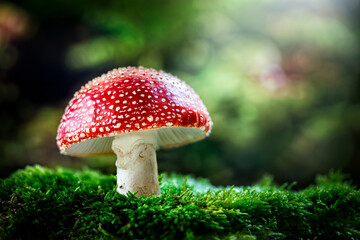Every morning, millions of people wake up with a cup of coffee. Because of our addiction to the black drink of the Buy magic mushrooms online 1.6 billion cups of coffee is drunk everyday around the world. What if we could use those coffee grinds to grow food and reduce landfill waste at the same time? Using such “waste” to grow mushrooms can be the way of sustainable farming and food production.
Being the recyclers of nature, mushrooms can break down plant matter into sugars using lignocellulosic enzymes. This means they can use a wide range of urban wastes like used teas, vegetable and fruit cuttings, dried leaves, sawdust, brewery waste, paper, and much more. In addition, they require less space than other crops; some mushrooms can have twice the yield mass versus compost mass used to grow them. Due to these properties, urban mushroom farms can be setup in relatively ease compared to traditional farms; best of all, many of these by products are given away for free.
Making use of urban wastes to grow mushrooms have always been part of the industry. During the 18th and 19th century, cultivated Agaricus bisporus, or white mushrooms, were grown on horse manure, which was plentiful during the time; plus, there was a need to get rid of them off the urban streets and horse tracks. Today, white mushrooms are grown using cattle and poultry manure mixed with straws.
Of course, there are some precautions when dealing with by-products and food. Most importantly, polluted industrial and agricultural wastes are concerns for mushroom growers using by-products of other industries. Mushrooms are known to accumulate metal ions. By-products tainted with mercury, lead, and cadmium will jeopardize the safety for consumption.
Another issue with some mushroom production is the use of logs as the medium to grow them on. Shiitake mushrooms are usually grown on wood logs as they are naturally decomposers of fallen trees in the wild. As such, 100,000 trees are used yearly. This practice is of course not very sustainable. Using sawdust and straw blocks as a substitution can be used but some claim that the taste is inferior to natural log.
Although many urban centers are starting to improve municipal waste composting facilities to help with the waste management, using the waste to grow mushrooms just sounds a lot more delicious since they are a good source of vitamin B, ascorbic acid, dietary fiber, and bioactive compounds. In fact, you can grow them at home. I would suggest using oyster mushrooms, since they are the easiest to grow, using your own coffee grinds and kitchen waste.
